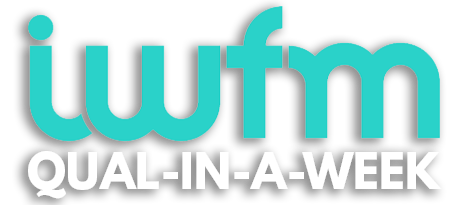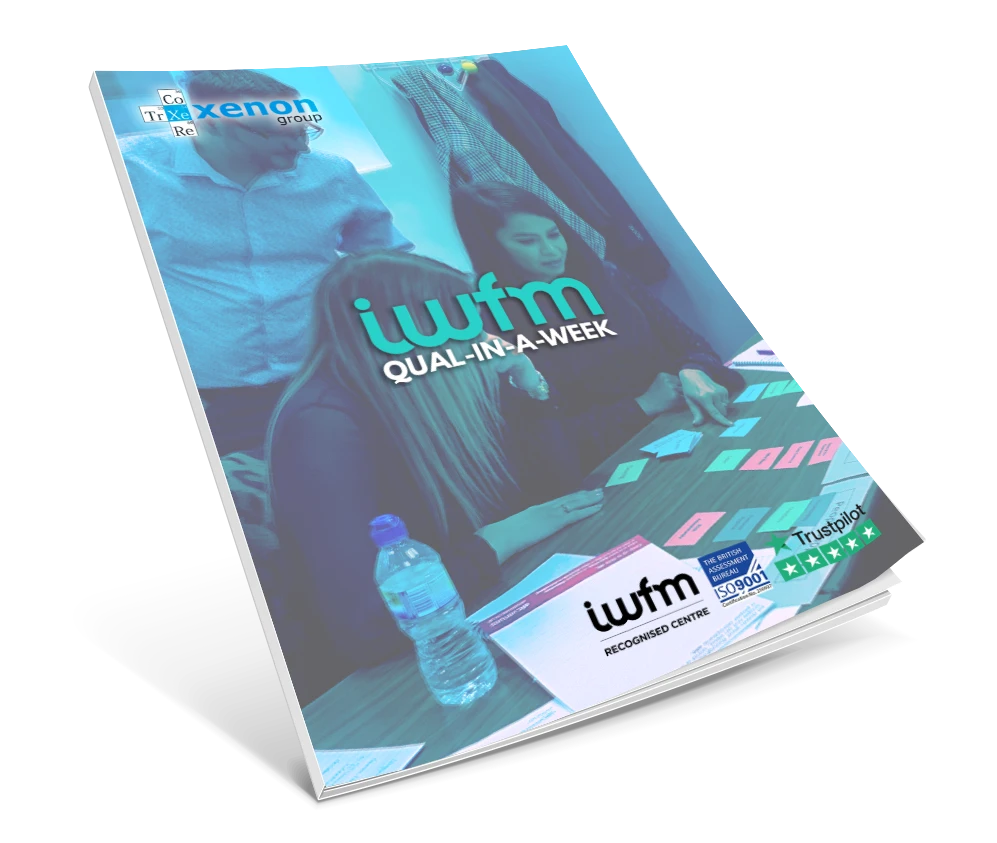Hi,
We’re on to a fresh topic this week, although we are going to continue along the theme of stakeholder management. We’ve been looking at stakeholders a lot recently, but it’s so crucial that you identify your stakeholders, decide which of them are the most important and then assess and address their needs.
In the previous series (which you can access online in the Vault if you need a refresher) we looked at stakeholder analysis and how to identify the needs of select groups of stakeholders. Over the next two weeks, we’re going to take two key stakeholder groups and go a bit more in-depth into the kinds of issues we need to consider when dealing with them.
A bit of housekeeping before we get started – remember that the dates have been confirmed for our next Qual-in-a-Week intensive course and enrolments are open.
The Qual-in-a-Week course is designed for those of you who want to achieve a qualification but are unsure about the time commitment involved. It allows you to complete all of the learning and assessment for an IWFM Level 4 Qualification in just one week. Sounds good? Find out more here.
Right, now that’s out of the way, let’s get into it!
Employee Relations
It is important for employers to remember that although their primary aim might be to make a profit or provide a service such as education or health, without their employees these aims would be impossible.
It is vital, therefore, that an employer looks after the interests of his/her employees at all times. In fact, the employer has a moral obligation to make business decisions in a manner that demonstrates concern for and seeks to advance the welfare of his/her employees.
Employers have a duty to treat employees respectfully, to pay them fairly and provide good working conditions but they should treat the promotion and protection of the well-being of employees as an important business obligation and objective.
Employers should be open and honest with employees, providing clear communication channels which work both ways so that employees know they can raise any issues they have without fear of reprisal and also know the employers will raise issues they have so that employees are kept informed at all times.
This is particularly important in today’s economic climate. Many organisations are cutting back and downsizing, often resulting in loss of staff. Whilst the prospect of losing your job is and always will be devastating, clear communication and being kept up to date with information usually makes the process slightly more bearable.
In any staff survey the key complaint most employees centre on is lack of communication. Treating staff with respect at all times is key to developing ethical employee relations.
Of course, it works both ways and employees should treat employers with respect as well. The moral obligations of an employee include loyalty, honesty, caring and respect.
Why is this important?
Employees are one of the key stakeholder groups in an organisation. Without your staff, your organisation cannot function. By looking after their interests, you can reap a whole plethora of rewards – attracting and retaining the best talent, establishing loyalty, improving productivity and more.
Furthermore, in this hyper-connected age that we now live in, the way you treat your staff can have major implications (either positive or negative) for the reputation of your organisation.
One of the best things about employee relations is that it is possible to foster a positive environment for your staff independently of the rest of the organisation. Even if you work for a company who do not typically treat their employees well, if you lead and manage staff ethically and look after their needs, you can buck the trend of the rest of the organisation and build a high performing team who trust and support each other.
Conversely, a poor manager who does not look after their team can be destructive even in the most progressive of organisations. An organisation may offer a whole range of perks and benefits, but many employees will happily give them up if they are forced to toil under the supervision of an unsympathetic, tyrannical manager.
That’s all, folks
That’s all for now, but there is a huge amount of literature on this subject and it is an area that we will look into again in the future. However a good starting point, if you haven’t come across it before, is the work of Simon Sinek, particularly his book Leaders Eat Last.
For now, however, bear in mind that whatever your organisation, industry or sector, your employees are one of the most important stakeholders you have and can make or break the success of your team, department or company.
Next week, we’ll take a look at another key stakeholder group – your customers.
Don’t forget to check out the Qual-in-a-Week intensive course if it sounds of interest. You can find out more here.
Have a great week!
Chris and the Xenon Team
P.S. If you haven’t already studied or started studying for an IWFM qualification, which will cover topics like this in depth and fully assess your understanding, you may want to have a look at our guide to the IWFM Qualifications which will give you a full breakdown of how they work and what’s involved in the different levels. You can download it here.
P.P.S. If you’re already considering taking a qualification but don’t know which level to go for, a good starting point is our One-Minute-Leveller tool, which will ask you a few questions and give you a recommendation based on the result. You can access it here.



